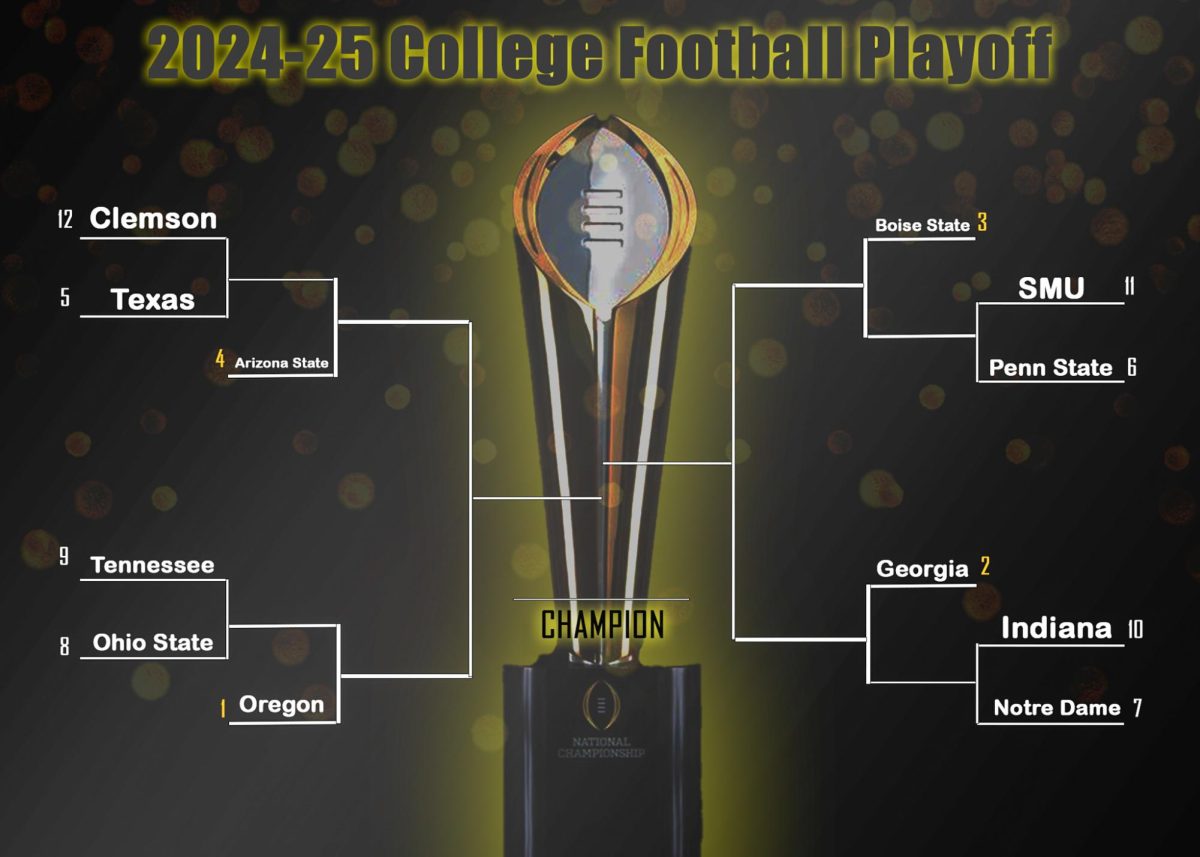Local soccer fans should pressure city officials to build new stadium downtown rather than Elk Grove to avoid losing out once again.
Last month, it was reported that the city of Elk Grove is working toward financing to build a stadium to accommodate 15,000-18,000 people for a Major League Soccer (MLS) franchise. Sacramento-area investors have been in constant contact with the MLS about the prospect of buying a team, and the league has a strong interest in the market as well.
While locals should be excited about the prospect of another professional sports franchise making its way to California’s capitol, they should do so without ignoring the valuable lessons of the not-so-distant past.
When the Sacramento Kings arrived in the mid-’80s, basketball was in a very similar predicament to that of soccer today. The NBA was quickly gaining popularity, first-class venues were being built to create new revenue streams, and investors were anticipating unprecedented growth both fiscally and culturally.
Three decades later, Sacramento’s antiquated facility still sits in an isolated, suburban pocket of the city with its lone tenant on the verge of relocation for the third time in as many years. According to a 201 report from the City of Sacramento, the facility cannot be renovated because its current location would not produce a timely return on the investment.
Though far more developed than the desolate field it once was, Natomas is still a poor location for a major sports venue and a scapegoat for ownership looking to abandon the city. City officials lacked the foresight to grant then Kings’ owner Gregg Lukenbill the proper zoning to build the facility downtown, and it has cost us dearly.
According to a study conducted by the city in 2011, 75 percent of Sleep Train Arena’s patrons come from outside Sacramento. Rather than feeding downtown meters, walking past numerous bars and restaurants, and spending an extra buck or two before and after events, patrons are confined to a concrete grid where they are forced to pay premium prices for stadium food. In addition to less-than-optimal consumer experiences, such an infrastructure creates a situation in which almost all parking and concession revenues go directly into team owner’s pockets.
Professional soccer in Sacramento would be a beautiful thing. Watching locals grow increasingly fond of their civic asset without benefiting from its full economic potential, then seeing its owners pursue greener pastures after its value sky-rockets would be anything but. It is painful to deal with the fallout of such mistakes now; doing so again would be grossly reprehensible.







